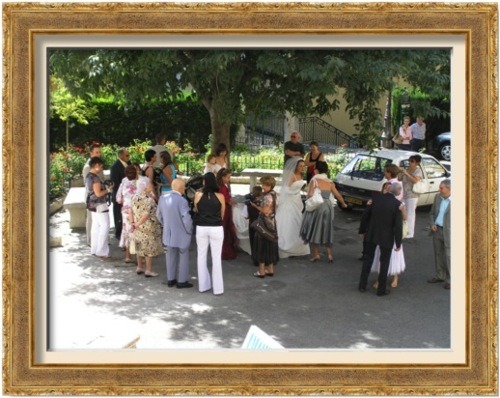- Swiss Development Corporation’s called simply Knowledge Management Toolkit
- Asian Development Bank who produced a set of brief short papers styled Knowledge Solutions
- Overseas Development Institute’s knowledge and learning toolkit published back in 2006 but still relevant today!
While knowledge managers are not short of reference points or advice on how to go about things there is no one size fits all template to describe the role, where it sits and the skills to discharge it.
Yet so many km professionals in emerging markets are thirsting for the certification that goes with having completed training in an industrial discipline such as km. With few exceptions (KMI Institute in Washington being one) the km profession unlike CIPD or CIM has no recognised industry body. Those that might be closely related such as SLA or CILIP have not claimed the km space. Instead conference organisors award ‘gongs’ at their events and others rely on the MAKE awards to signify progress.
Most km discussions though tend to land in the same place: what does a knowledge manager do, where do they sit in the organisation, what are there crossover points (Organisational Development, Learning, HR, IT, Strategy, Communications/Marketing) and how do we measure impact? Success depends on individuals, the passion they bring, their ability to judge what to do and when and the way they present to/influence many stakeholders.
Here’s one example of good facilitation from France:

This picture, a typical wedding scene, shows the bride to be greeting all the guests before they enter the church for the ceremony. She introduces friends and family to each other so that there is no ‘bride and groom’ side of the church. People who have been introduced mingle and are more likely to converse at the wedding breakfast thereafter. This simple act of facilitation (a ingrained tradition) helps shape the event.
So while not every km professional can be a bride we can suggest that a core competence in putting the km tools to work is facilitation. Toolkits are vitally important but without the skill and processes to deploy them they are a wasted investment.
Its why perhaps CIAT‘s km team who are much admired have titles such as Leader, Capacity Strengthening and Knowledge Management Initiative. Theirs is a focus on helping to equip others in their organization; faciltation skills are a huge part of the core competencies they use to help others.
